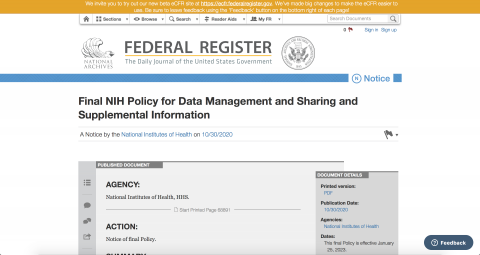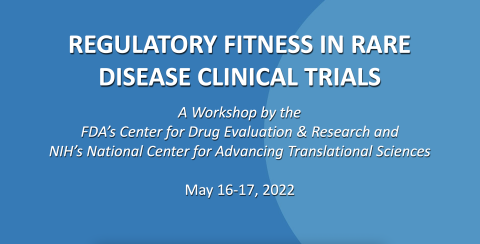Resources for Researchers and Clinicians
A variety of government agencies and other organizations offer information, resources, and services for rare disease researchers and clinicians. Click on the accordions below to find a variety of these resources. See also our pages offering resources for early stage investigators and funding opportunities.
So Many Procedures, So Little Time: How to Develop an Effective Schedule of Events
Regulatory Webinar Series: Presented by Mike Fusakio, PhD; Nathan Hawk, BSPS; Samantha Sonoda, MS, CCRA; and Lisa M. Tully, MA, CCRP, all affiliated with Cincinnati Children's Hospital Medical Center.
Single IRB (Institutional Review Board) Presentation & Panel Discussion
Regulatory Webinar Series: Features Nichelle Cobb, PhD, Smart IRB Director at University of Wisconsin-Madison. Panelists include James Cnota MD (Cincinnati Children's), Jeremy Corsmo, MPH (Cincinnati Children's), Pooja Khatri, MD, MSC (University of Cincinnati) and Mike Linke, PhD (University of Cincinnati).
Human Subject Research Protocols: If you write it (well), they will come
Regulatory Webinar Series: Presented by Mike Fusakio, PhD, Cincinnati Children's Hospital Medical Center.

NIH Data Management and Sharing policy
New NIH Policy for Data Management and Sharing that goes into effect January 25, 2023 and replaces the existing 2003 NIH Data Sharing Policy. Updated to keep pace with scientific and technological advancements and emphasizes the NIH’s commitment to data management and sharing.

FDA CDER & NIH NCATS Regulatory Fitness in Rare Disease Clinical Trials Workshop
On May 16 and 17, 2022, the FDA’s Center for Drug Evaluation and Research (CDER) and NIH’s National Center for Advancing Translational Sciences (NCATS) hosted a jointly sponsored virtual workshop on regulatory fitness in rare disease clinical trials.
